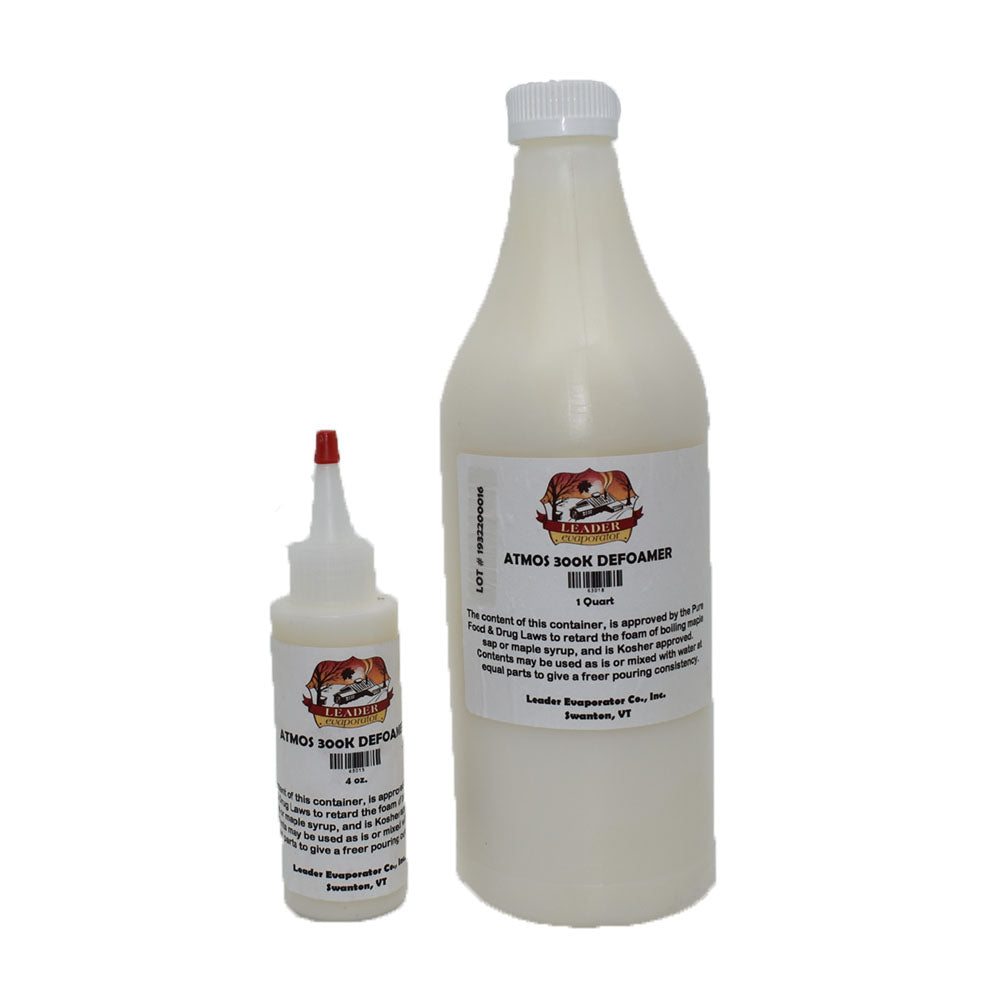Choosing the Best Defoamers for Your Manufacturing Line
Choosing the Best Defoamers for Your Manufacturing Line
Blog Article
The Duty of Defoamers in Enhancing Item Quality and Performance
In various manufacturing procedures, the presence of foam can substantially hinder product high quality and functional performance. Defoamers offer as necessary additives that minimize this issue, ensuring smoother manufacturing operations while improving the useful and visual features of the last products (defoamers). Their application covers a plethora of sectors, from food and drink to drugs, where consistency and dependability are paramount. Nonetheless, the choice of the proper defoamer can be important to attaining optimal outcomes, elevating crucial questions about solution compatibility and efficiency metrics that warrant more expedition.
Recognizing Defoamers
Recognizing the role of defoamers is necessary for preserving item quality across different markets. Defoamers are chemical additives made to avoid the formation and reduce of foam in liquid systems, which can adversely affect processes such as blending, loading, and surface area tension. Frothing can cause inefficiencies, product defects, and endangered visual allure, making defoamers an essential element in making procedures.
In commercial applications, defoamers help to boost item consistency and stability. The efficient use of defoamers not only makes certain smoother manufacturing procedures yet likewise adds to superior product efficiency.
Furthermore, the option and solution of a defoamer must align with certain application demands, such as compatibility with various other ingredients, performance under varying temperature level and pH problems, and possible governing constraints. Ultimately, recognizing defoamers' functions and their value in numerous solutions is critical for optimizing manufacturing and making sure the best quality end items.
Sorts Of Defoamers
Defoamers can be classified into numerous types based on their make-up and device of activity. The key types include silicone-based, non-silicone organic, and inorganic defoamers.
Silicone-based defoamers are amongst one of the most reliable, mainly due to their capacity to spread out quickly on the fluid surface area and interfere with foam development. Their distinct chemical framework permits premium stability, making them suitable for high-temperature applications and settings with varying pH degrees.
Non-silicone natural defoamers, usually composed of all-natural oils or fatty acids, are valued for their biodegradability and lower toxicity. These are commonly made use of in food and beverage applications where security and environmental influence are paramount.
Not natural defoamers, which include substances like talc or calcium carbonate, act by increasing the thickness of the fluid, therefore minimizing foam stability. They are commonly utilized in industrial procedures where compatibility with other materials is not an issue.
Each kind of defoamer has unique benefits and limitations, enabling customized services relying on the details frothing concerns come across in numerous applications. Comprehending these distinctions is crucial for optimizing performance and attaining wanted item high quality.
Applications Throughout Industries
Many industries take advantage of defoamers to enhance item high quality and functional effectiveness. In the food and beverage field, defoamers are crucial in procedures such as developing and milk manufacturing to avoid foam formation, which can lead to inefficiencies and product variance. By regulating foam, manufacturers can make certain far better yield and an extra uniform item.
In the pharmaceutical market, defoamers play a vital duty in the formulation of fluid medicines, where extreme foam can impede mixing and accurate application. Their usage helps keep the stability of the formulations and helps with smoother production processes.
The paint and finishings industry additionally depends on defoamers to improve the performance of products throughout application. By minimizing foam, these additives guarantee a smoother surface and improve the visual qualities of the final item.

Advantages of Using Defoamers
While the application of defoamers varies across industries, their benefits consistently enhance product top quality and process performance. One considerable advantage is the reduction of foam formation throughout manufacturing procedures, which can otherwise result in manufacturing hold-ups and incongruities in product top quality. By reducing foam, defoamers make it possible for a smoother flow of products, assisting in a lot more effective operations and lowering the possibility of tools breakdowns.
In addition, the use of defoamers can enhance the look and appearance of last products. In fields such as finishes, paints, and food processing, excessive foam can jeopardize the aesthetic appearances and overall quality, while the ideal defoamer application makes sure an uniform coating and preferable characteristics. Defoamers can contribute to set you back financial savings by lowering waste throughout production and enhancing the use of raw products.

Choosing the Right Defoamer
Selecting the ideal defoamer is crucial for optimizing manufacturing processes and making sure item high quality. The selection of defoamer influences not just the efficiency of foam control but additionally the overall efficiency attributes of the final product. Factors to consider consist of the kind of application, the chemistry of the formula, and the ecological conditions under which the product will be made use of.
Various markets may require certain defoamer types, such as silicone-based, organic, or polymeric defoamers. Understanding the compatibility of the defoamer with the main ingredients important site is necessary to prevent damaging reactions that can endanger item integrity. Additionally, the defoamer's efficiency in various temperatures and pH degrees need to be assessed to guarantee constant efficiency.
Checking the defoamer in small applications can provide beneficial insights right into its efficiency and suitability. Factor to consider of regulative compliance, particularly in food, pharmaceuticals, and cosmetics, is vital in selecting a defoamer. Inevitably, a complete analysis of these factors will certainly bring about the selection of a defoamer that not only controls foam effectively yet likewise enhances the high quality and efficiency of the end product.
Verdict

In verdict, defoamers are necessary ingredients that considerably boost product top quality and efficiency throughout various sectors. By successfully decreasing foam formation, these representatives not just enhance operational effectiveness but likewise add to the functional and aesthetic stability of products. The critical selection and application of defoamers lead to set you back savings, enhanced resource usage, and boosted customer contentment. In general, the significance of defoamers in commercial procedures can not be overemphasized, as they play an essential duty in attaining consistent and premium outcomes.
Lathering can lead to inefficiencies, product defects, and endangered aesthetic appeal, making defoamers an important element in making operations.

Report this page